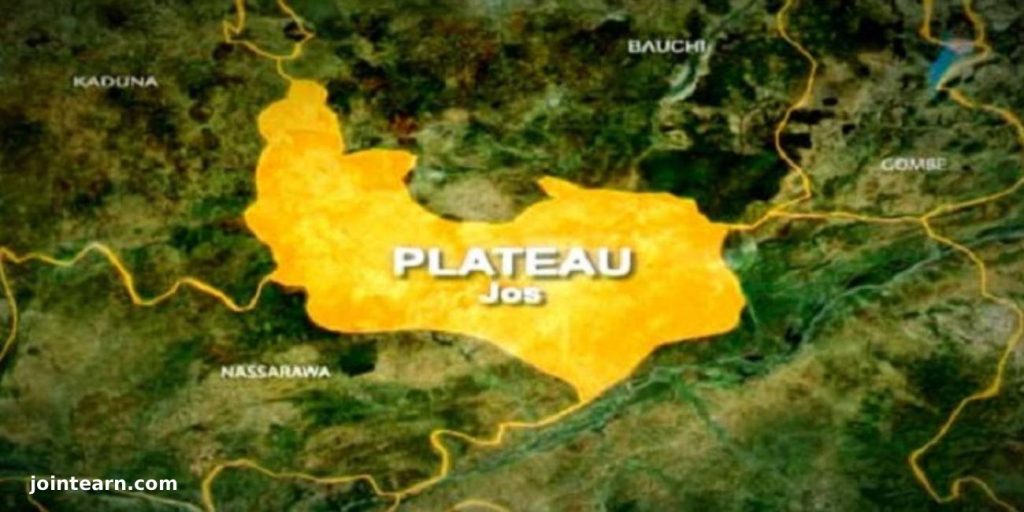
A prominent Plateau State cleric, Rev. Ezekiel Dachomo, has vowed to drag the Bola Tinubu administration before the International Criminal Court (ICC) over what he described as a “systematic genocide” against Christians in northern Nigeria.
Rev. Dachomo, a senior leader in the Church of Christ in Nations (COCIN), said he had embarked on a personal mission to gather and document evidence of widespread killings in Plateau, Benue, Kaduna, and other northern states.
According to him, the evidence — including video footage, eyewitness accounts, and documentation of mass graves — will be compiled into a comprehensive report to be submitted to the United States government, the ICC, and other international bodies.
“The world needs to know that what we are saying is not false. I will go to any length to prove that this government is lying,” Dachomo declared in an interview with The PUNCH.
“We are also planning to take Nigeria before the International Criminal Court and sue the Miyetti Allah association for their role in these atrocities.”
“CAN Is Denying the Genocide”
The Plateau-based cleric accused both the Nigerian government and the Christian Association of Nigeria (CAN) of deliberately downplaying or denying the reality of the killings, arguing that their silence has emboldened attackers and deepened the suffering of victims.
“Since the Federal Government claimed there was no genocide, that statement has pushed me to intensify this work. CAN is also denying the genocide, so I’m determined to prove them wrong,” he said.
Rev. Dachomo, who came to national attention during the mass burial of victims in Heipang, Plateau State, alleged that the scale of the killings has been grossly underreported.
He recounted his visits to several massacre sites, including the Dogo Nahawa community, where he claimed over 500 people were killed in a single night, and his own village, where 23 people, including his best friend’s wife and five children, were burnt alive.
“In Jaruwa, worshippers were burnt alive during a church service. None survived because the terrorists surrounded the building, set it on fire with gas lamps, and trapped everyone inside,” he added.
Personal Risk, Global Mission
When asked about possible threats to his life, the cleric said he had received warnings but remains undeterred.
“I’m safe. God has sent angels to guide me, and they are in charge of my life now,” he said. “Some people have hired security men to protect my family, but my life is in God’s hands. I have no fear of anyone.”
He declined to confirm reports that he had been in contact with officials from the U.S. government, saying only that such discussions were “private.”
Public Support and Donations
Rev. Dachomo’s bold stance has sparked a wave of public support online, with many Nigerians donating to his cause and expressing solidarity with victims of the attacks.
On social media platform X (formerly Twitter), users shared screenshots of their donations ranging from ₦1,000 to ₦50,000, commending the cleric’s courage and commitment.
One supporter wrote:
“I called Rev. Ezekiel. We spoke at length; I thanked him immensely for standing strong in the face of adversity. He permitted me to send my little quota in support of the ministry.”
Another donor, @Imma1000, posted:
“I have sent the little I have. I pray our Lord Jesus Christ strengthens him to overcome this perilous time. To all those affected, may God show mercy.”
Confirming the donations, Dachomo said the initiative had raised over ₦7 million so far, which is being used to assist widows, orphans, and displaced persons in affected communities.
“The people insisted they were helping me directly, not the church,” he explained. “The funds are now being distributed through local committees to support survivors in hospitals, provide food aid, and help rebuild destroyed farmlands.”
Background: Rising Tensions Over Religious Killings
Rev. Dachomo’s comments come amid heightened domestic and international concern over reports of targeted violence against Christians and other vulnerable communities in Nigeria’s Middle Belt and northern regions.
While the Nigerian government insists that the violence is primarily driven by “farmer-herder conflicts”, many church leaders and rights groups maintain that the pattern, coordination, and religious targeting amount to a form of ethnic cleansing or genocide.
The cleric’s planned legal action could mark one of the most significant attempts yet by a Nigerian religious leader to hold the government accountable before international institutions.


Leave a Reply